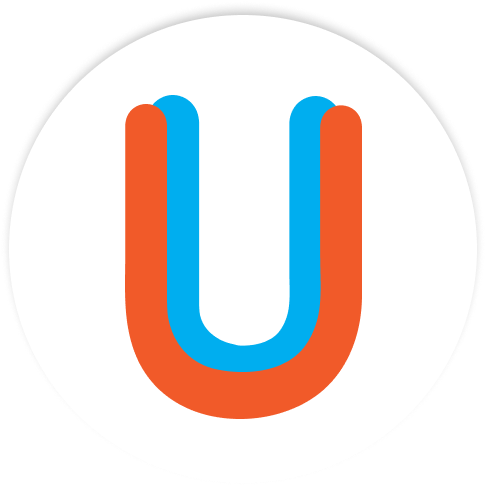Understanding a child’s educational journey is a multifaceted task. One of the key tools to gain insights into this journey is formal assessment, an integral part of early childhood education. Formal assessments provide a standardized measure of a child’s development, skills, and knowledge. They are objective, structured, and often involve some form of testing.

Formal assessments in early childhood education are crucial for tracking progress, identifying areas of improvement, and informing instructional strategies. They provide educators, parents, and policymakers with essential information about a child’s learning and development. In the following sections, we will delve deeper into the concept of formal assessment, its types, and its role in early childhood education.
What is Formal Assessment?
A formal assessment can be defined as a systematic, preplanned method of testing students that is used to determine how well they have learned the material that has been taught. These assessments are typically standardized, meaning they are given in the same manner every time to ensure that the testing environment is equal for all students. They are designed to measure a specific goal and are often scored and interpreted in a standard manner.
The components of formal assessment range from written tests, such as standardized tests, to formal observations where teachers observe and record information about a child’s behavior or performance. This approach allows teachers to gather information from multiple sources and provides a comprehensive picture of a child’s developmental progress and learning needs.
Types of Formal Assessment in Early Childhood Education
Standardized tests, diagnostic tests, and summative assessments are common types of formal assessments used in early childhood education. Standardized tests are designed to measure a child’s cognitive and other developmental areas, comparing a child’s performance to the average performance of other children in the same age group.
Diagnostic tests are used to identify a child’s specific areas of strength and weakness. They are often used to determine whether a child qualifies for special education services or to plan individualized instruction. Summative assessments, on the other hand, evaluate a child’s learning at the end of an instructional period, like a unit or school year.
The Role of Formal Assessment in Early Childhood Education
Formal assessments play a pivotal role in early childhood education. They help in evaluating a child’s learning progress against specific educational standards or goals. Through formal assessments, educators can identify which areas a child is excelling in and where they might need additional support or instruction.
Formal assessments also guide instructional decisions. By understanding a child’s skills and knowledge, teachers can tailor their teaching methods and strategies to meet the child’s individual needs. They also aid in measuring the effectiveness of educational programs, contributing to the improvement of early childhood education practices.
Advantages and Disadvantages of Formal Assessment
Formal assessments come with their own set of advantages and challenges. On one hand, they provide a systematic and standardized way of evaluating a child’s learning, offering objective data that can be used to compare and track a child’s progress over time. They help educators identify learning gaps and adjust their teaching methods accordingly.
However, formal assessments also pose certain challenges. They may not capture the full range of a child’s abilities or potential, particularly in areas like creativity, social skills, or emotional development. They can sometimes lead to stress among young children and may not reflect a child’s potential when they are having a bad day or are not test-takers by nature.
How AlphaTUB Supports Formal Assessment
AlphaTUB recognizes the value of formal assessments in early childhood education and has designed tools that facilitate this crucial process. With our interactive learning materials and digital resources, we provide a supportive environment where formal assessments can be conducted in an engaging, child-friendly manner.
Our platform encourages the active involvement of parents and teachers in the assessment process, providing them with insights into a child’s learning journey. By integrating assessment with learning, AlphaTUB not only makes the process less stressful for young children but also more informative for the adults guiding them.
Final Thoughts
In conclusion, formal assessments are an essential part of early childhood education. They provide valuable insights into a child’s progress, guide instructional decisions, and help identify areas where additional support may be needed. While they do have their limitations, their benefits in providing a structured and standardized approach to understanding a child’s learning cannot be ignored.
At AlphaTUB, we are dedicated to supporting the critical process of formal assessments in a child-friendly and stress-free manner. Our tools and resources are designed to make assessments an integral part of learning, providing valuable feedback for both educators and parents. After all, every child is unique, and understanding their individual learning journey is the key to providing them with the best educational experiences.




